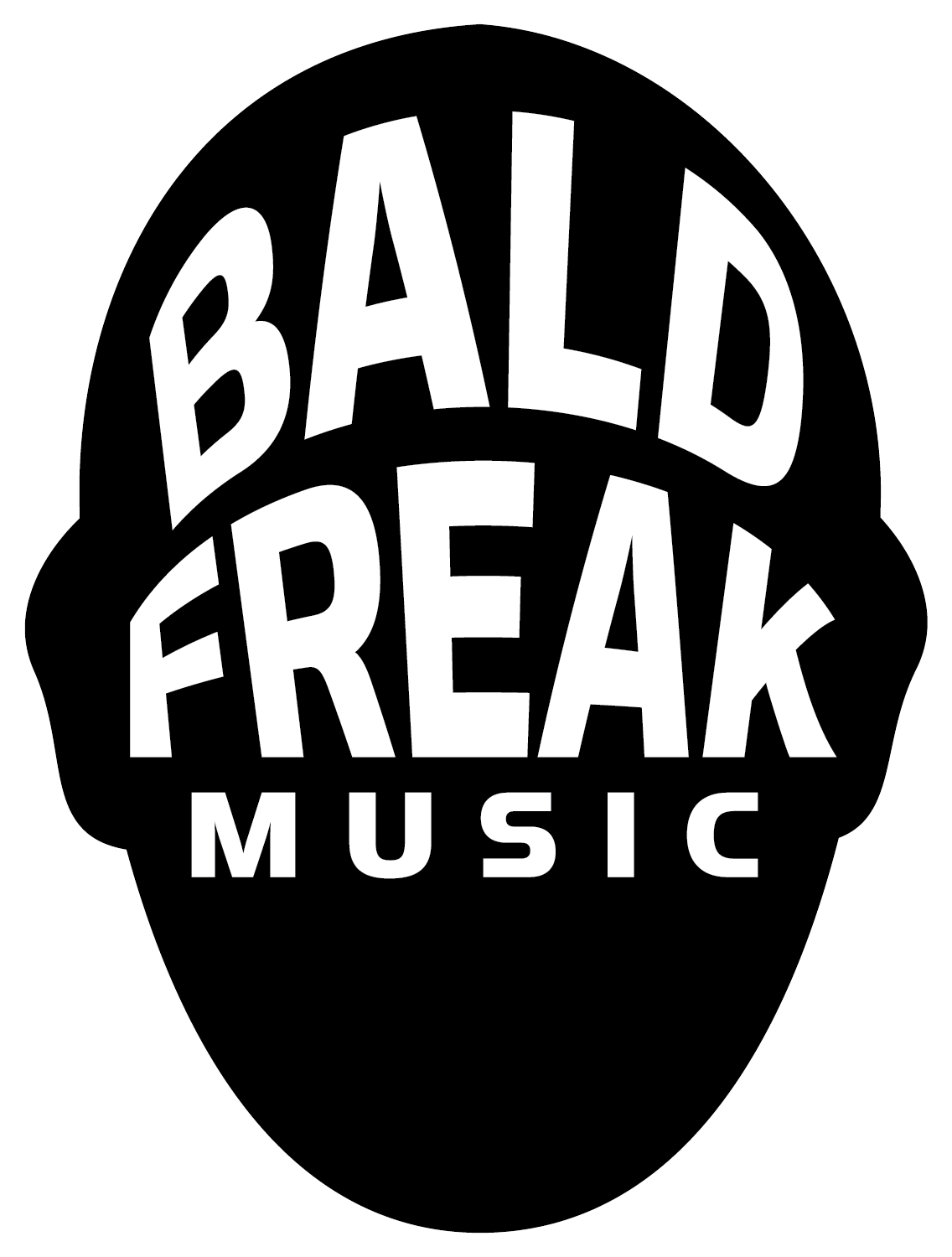june 2023
James Ellis Ford
The Hum
(Warp)
Is James Ellis Ford this generation’s Brian Eno?
And is that comparison good for James Ellis Ford?
Ford’s impressive career as a producer for other bands — most notably Depeche Mode and Arctic Monkeys — has put bread on the table for two decades, and I was more than pleasantly surprised to discover that this James Ford is also the same James Ford who co-founded the excellent English electronic dance duo Simian Mobile Disco.
Ford’s first-ever solo album sounds nothing like the ones he’s produced for other bands, nor does it contain the thumping 4/4 beats and challenging sonics of SMD. Instead, it dwells in the meditative land of Eno, one of the godfathers of ambient and experimental music.
Ford is a multi-instrumentalist and plays every note from top to tails. Since he’s not a wanker or particularly skilled at any one instrument, the performances — all recorded in isolation in his attic-based home studio — are competent. That said, Ford picks up 18 different instruments to create his solo debut, crafting hooky bass guitar lines that often carry the album to greater heights. The otherwise lack of razzle dazzle presents a gift. The sonic twists and turns make the record, as a whole, genre-neutral. Ford focuses on what he does best as a producer — creating mood, texture, and atmospherics with his various studio toys (pictured). He even sings on four of the songs, displaying a pensive and pleasant voice that echoes Robert Fripp and even melancholy Bowie.
I ask if the Eno comparisons are good for Ford simply because we are no longer in an era of consumption that would have allowed Eno’s legend to form and then grow. Those now-iconic records are challenging and thought-provoking, they require multiple rides for most to find the fun in them. The same applies here, what with Ford getting cheeky almost instantly, presenting nearly 5 minutes of tape loop ambiance on The Hum’s opening track “Tape Loop #7.” I can envision most music consumers younger than Ford (and myself) tapping out before the 4 minute mark.
But if you’re patient and wise enough to keep listening, it’s at this point that the pulse of the album begins to take permanent form. Its slow and steady heartbeat leads us into “Pillow Village,” a King Crimson-esque meditation, replete with horns and layered synths that build and swell in all the right places. Bands like Radiohead do this so well, letting the dynamics do the talking.
”The Yips,” framed around an engaging drum polyrhythm that intertwines with Arabic melodies, reminds me of the great Seattle instrumental band Critters Buggin.
The Hum can be downbeat and downright bleak in spots. Part of Ford’s motivation for diving deeper into production work - and now going solo - was a response to his Simian Mobile Disco partner Jas Shaw’s AL amyloidosis diagnosis in 2018, temporarily grounding that high-energy project.
Ford fills the void with ambient noise on the title track, harpsichord on “The Golden Hour,” Harry Nilsson-style pop on the exquisite “Closing Time.” What makes it all work is that Ford presents the album as a continuous piece of art, songs weaving into and out of each other. The Hum is an album lover’s album. And so in the wake of its darker moments, you find yourself climbing out of the hole alongside Ford before you can tumble deeper down, thanks to the orchestral funk of album standout “Caterpillar” and the drone-y, robotic “Squeaky Wheel.”
On “Emptiness,” piano takes center stage, as do the overarching themes of mortality, loneliness, and life’s impermanence. “Like ripples in the water, quickly disappear,” Ford sings. These are the observations of a man now firmly entrenched in his 40s, his sentiments riding the contemplative current of The Hum. Let’s hope that this isn’t Ford’s only solo effort — that he keeps sailing forward, above the waves, sharing more music both hopeless and beautiful.


